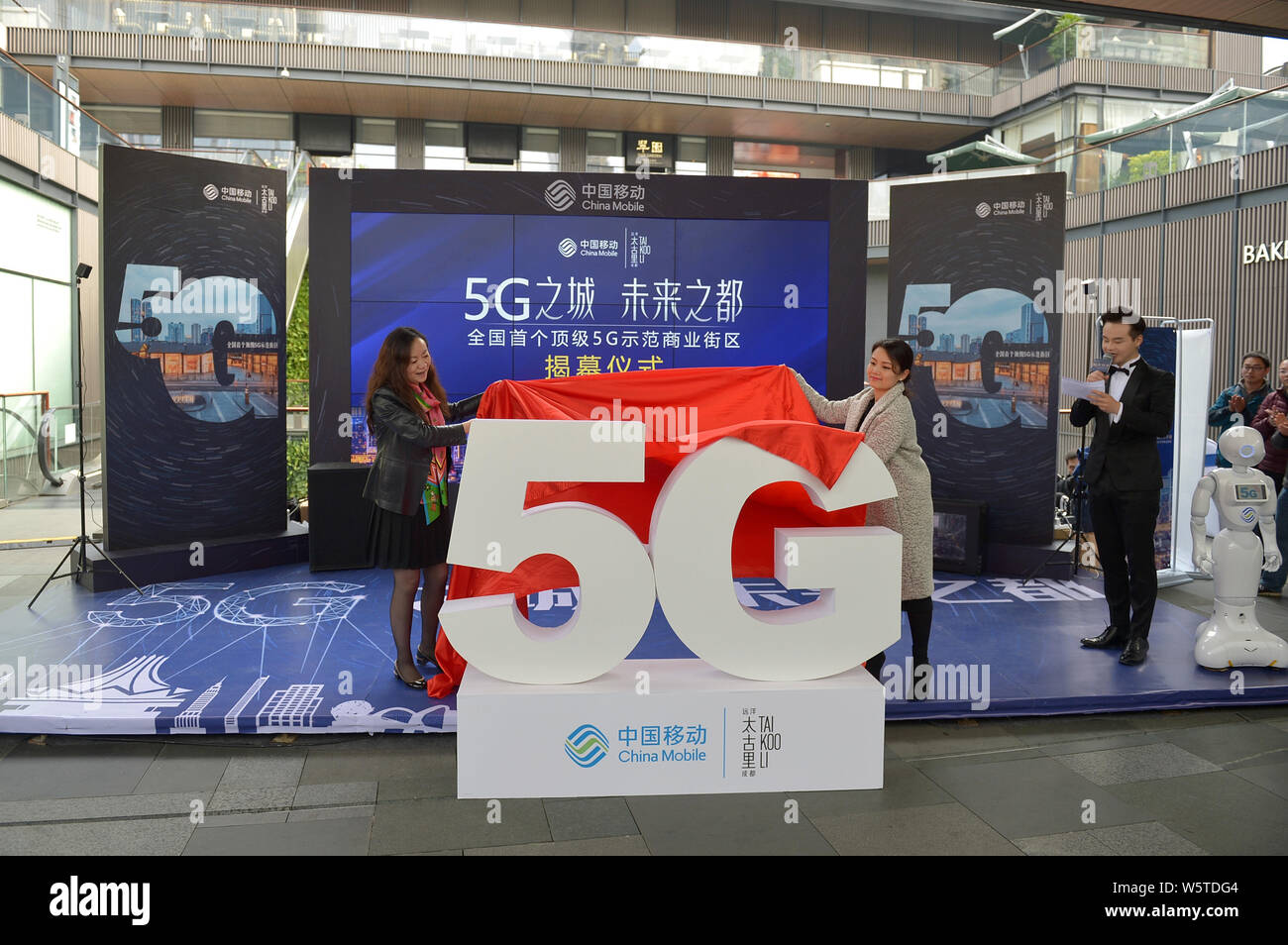

Washington's primary fear is that Beijing could leverage a dominant position in global 5G infrastructure and standards to enable Huawei to construct a China-centered tech ecosystem, with the goal of China becoming the dominant force in tech infrastructure, software, and talent, and using its tech power to advance its geopolitical and geoeconomic interests. Unsurprisingly, the 5G network is at the heart of China’s geo-tech strategic posture worldwide. Beijing aims to position itself as a major player in global geopolitics and geo-economics, without having to rely as extensively on a more traditional military footprint. Technology is one of China’s leading tools of global influence, from 5G to drones and smart cities to cloud computing. Commercial deployment of 5G networks first began in 2018, but it’s still in the early stages. The 5G revolution is not limited to civilian activities, however, as 5G networks will also be a game-changer on the battlefield too, improving intelligence, surveillance, and reconnaissance systems and processing, and revolutionizing command and control. So what is 5G, and why does it matter in the context of this great “decoupling”? Unlike their existing 4G LTE equivalents, 5G networks are much faster and connect many more devices, from self-driving cars to smart cities, and from the metaverse to advanced robotics. 5G, a game-changer in the next generation of communications, technology, defense, and beyond, is a case in point. power abroad, and which recognizes technology’s ability to help maintain that power. foreign policy that continues to prioritize a traditional conception of U.S. Biden prioritized the Quadrilateral Security Dialogue (Quad), completed the withdrawal from Afghanistan, strengthened relations with Taiwan, and formalized the Australia-U.K.-U.S. Instead, the Biden team has maintained Washington’s focus on great power competition with China in the Indo-Pacific, which has now been rebranded as “ strategic competition.” Simply put, competition with China is the new post-War on Terror consensus in Washington. allies that the Biden administration would reverse course on many issues from the stances taken by the Trump administration - chief among them, the U.S.-China tech Cold War. Like many countries around the world, the Gulf states have faced enormous pressure to side with Washington - the Gulf’s security guarantor and a longtime ally - at the expense of their budding and lucrative relationship with Beijing, their leading trade partner. Moreover, the case of 5G in the Gulf may provide key takeaways for observers looking to understand how the issue of tech sovereignty might play out amid the growing U.S.-China divide - both for good and for ill.

This initiative could be a potential solution to the current conundrum that would give states 5G sovereignty in an era of great power competition, with a digital twist. This dilemma is particularly acute for the Gulf states, and as they seek to balance their relationships with both Washington and Beijing, several have chosen to stake out their own territory by building an Open Radio Access Network (RAN). Some third parties to the dispute have sought to find a way to navigate this divide, trying to hedge their bets between the two sides in a way that maximizes their potential geopolitical and economic returns. Despite the transition to the Biden administration - and a rare show of bipartisanship - Washington has continued to pressure its allies to exclude Huawei from their developing 5G networks. This tech decoupling, as it’s been dubbed, is progressing slowly but surely, and 5G is at the heart of it. The acrimony looks poised to only get worse moving forward, potentially leading to what some have characterized as a splintering of the many interdependent nodes of tech manufacturing and development. and China have continued to spill over into the technology sector, where the two superpowers have made this ever-more vital industry the site of a new Cold War.

Long-simmering economic and political tensions between the U.S.


 0 kommentar(er)
0 kommentar(er)
